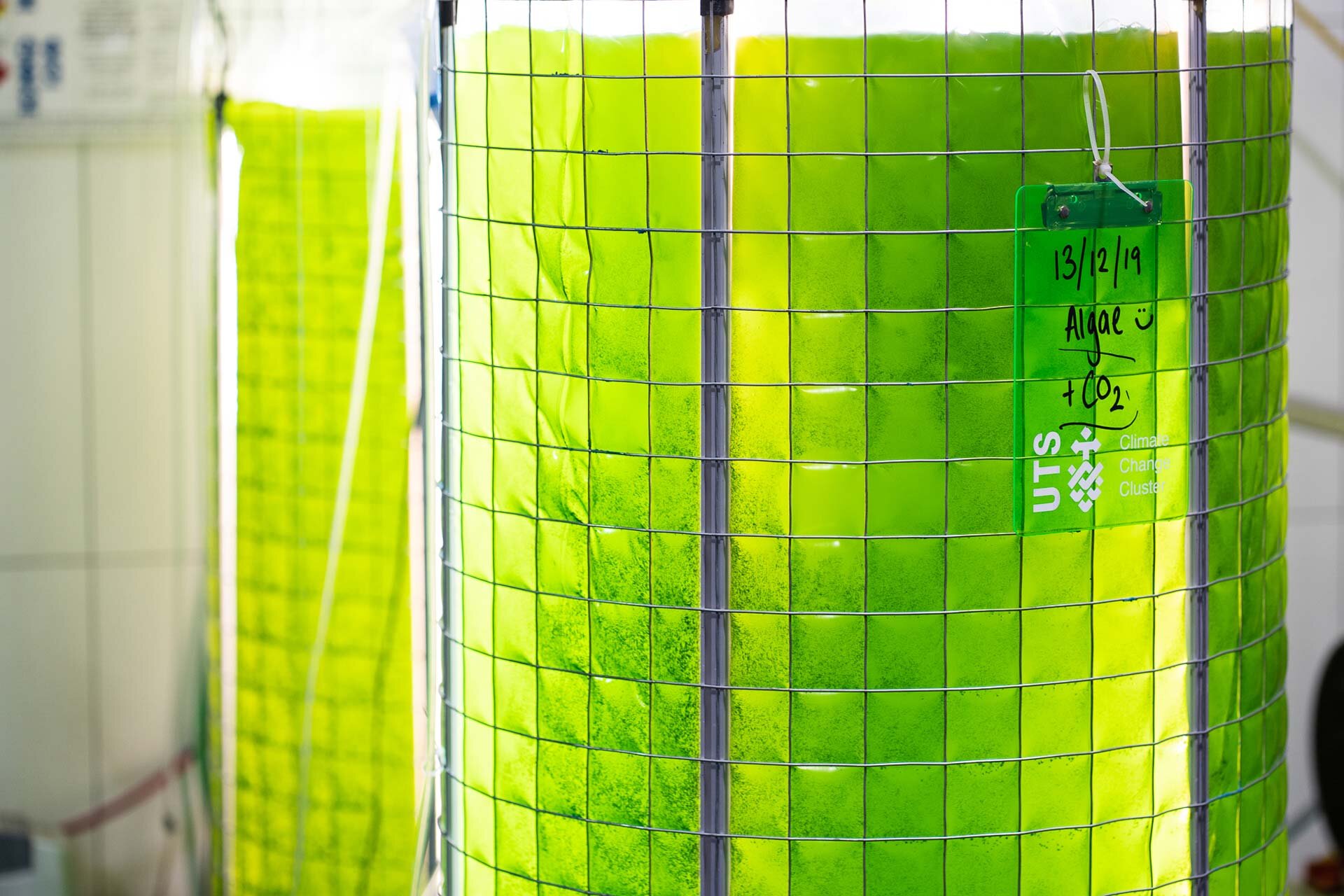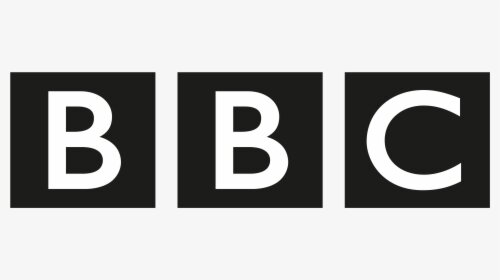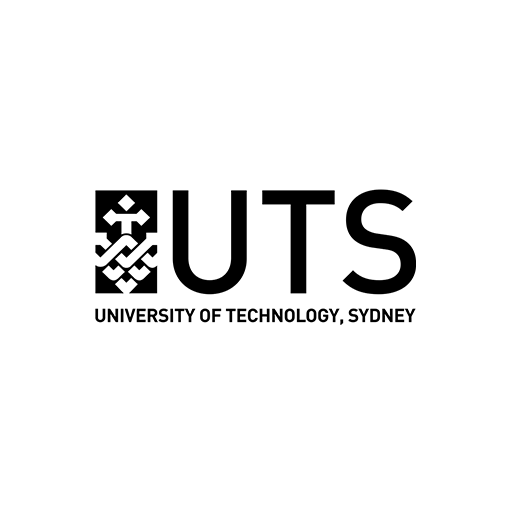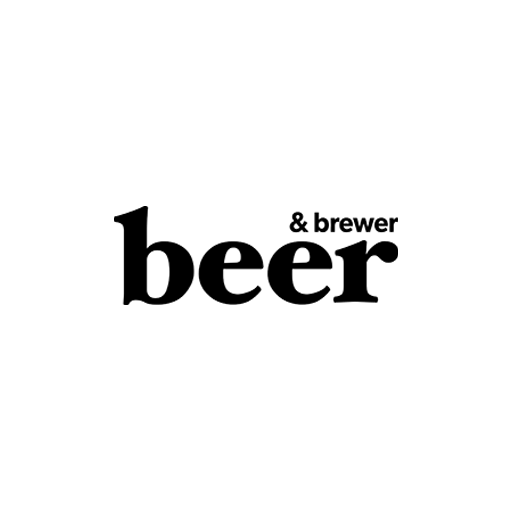
YOUNG HENRYS & UTS
THE ALGAE PROJECT
WELCOME TO THE ALGAE PROJECT
The year is 2019…and the Young Henrys brewery is currently glowing green from the light of a bioreactor, teeming with microscopic algae, installed amongst the tanks. It may look like something from a sci-fi movie, but these fluoro tanks represent our commitment to the future in the fight against climate change.
CO2 is a major byproduct of the brewing process. For reference, the fermentation of just one six pack of beer would take a tree two full days to absorb! We’re working with the supremely talented scientists at the University of Technology Sydney’s Climate Change Cluster (C3) to lead the way in making brewing a more carbon neutral process. So far the research has proved that utilising algae could make a huge difference to not only brewing, but to climate change as a whole by consuming CO2 and releasing oxygen.
WHY ALGAE?
Let’s rewind a bit… Algae is a natural feature of our environment and forms a very important part of all aquatic food webs and ecosystems. There are two main types of algae; macroalgae, which consists of kelps and seaweeds, and microalgae, which are tiny, microscopic plants that can grow both in fresh and saltwater.
The current research into algae reveals that it can pretty much save the world. The photosynthesis effectiveness is so strong that algae actually produces more than 50% of the world’s oxygen - that’s every second breath you take being powered by the likes of kelp, spirulina and nori. In addition, the algae that is grown from sucking up all that CO2 can go on to have another life, and be used in a bunch of products like food or even bio-plastics.
For a little bit of added context here: The 400 litre bioreactor installed in our Newtown brewery produces as much oxygen as one hectare of Australian forest, with each millilitre containing roughly 5 million microalgae cells – or individual organisms.
OUR COMMITMENt
With the devastating impact to bushland from the ongoing bushfires, and questions arising over how we can help safeguard Australia for future years, we reckon this research comes at an important time. Since launching in 2012, we have aimed to be an industry leader when it comes to sustainability. Every step in our brewing process is operated by the most sustainable means possible - and this initiative is a prime example.
As a business, we believe that the private and public sector can lead the way in enacting change within society to reverse our impact on climate change. We feel as an independently owned Australian company, we need to do our bit and hopefully set a good example.
WHAT’S NEXT?
PHASE 2
Phase 2 of the Algae Project involves investigating varying algal species and their effect on a cow’s digestion when added alongside their everyday diet and brewer’s spent grain.
The beer-making process leaves behind spent grain, which is then sent to farms nationwide for cattle feed and is a nutritious food source in times of drought. So with an already existing link between brewers and livestock producers, onsite algae production by breweries around the world could create marked change in the emissions of both industries.
PHASE 3
From the UTS lab, the project harnesses ruminant fluid from cows in synthetic “cow stomachs” to assess the right dosage of algae for maximum methane reduction. The Algae Project’s goal is to find the lowest percentage of added algae in correlation with the greatest reduction, minus any impact on digestion, milk or meat production qualities and quantity. Basically…
ALGAE + COWS = LESS METHANE
Fuelling an exciting prospect for all industries, phase 3 will begin in 2023, where animal safety and livestock trials will be considered to identify the scalability of algae dosing in cows.
PHASE 4
Phase 4 will aim to deliver a real, measurable and scalable system that fulfils the Young Henrys ethos, “drink beer, save the world”. This refined system will see CO2 from the brewing industry captured to help grow large quantities of micro-algae, releasing oxygen, then turned into a livestock feed supplement that reduces the methane emissions, without any harm to animals throughout the process.
Watch this space for all the latest updates on the Algae Project, check out some media coverage below and reach out with any enquiries!







